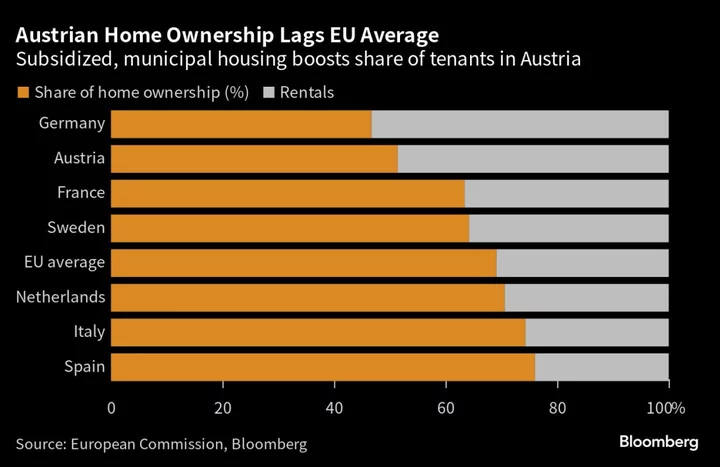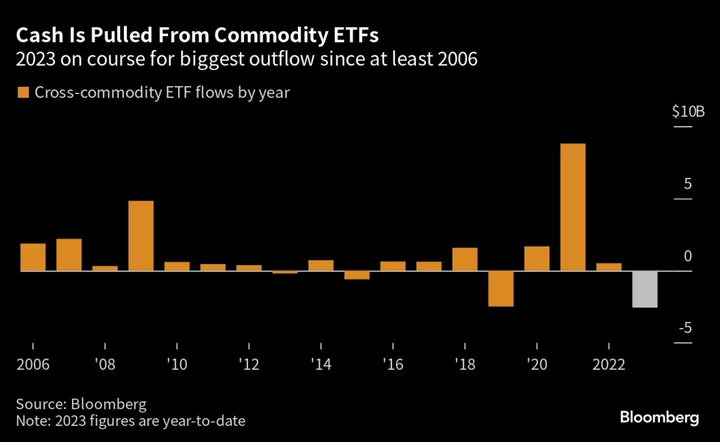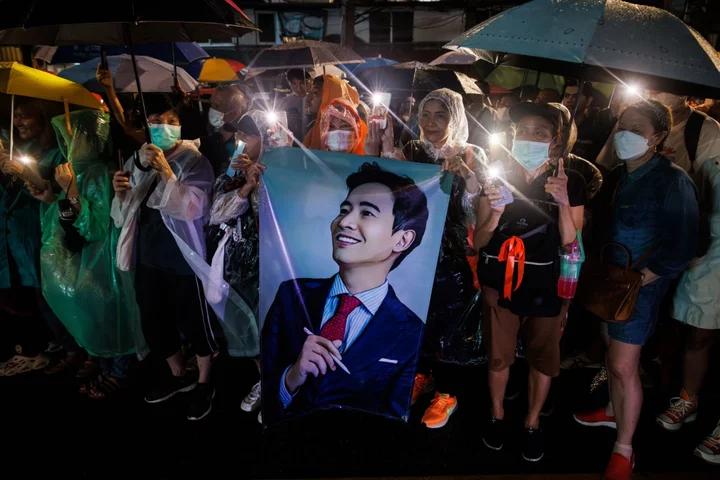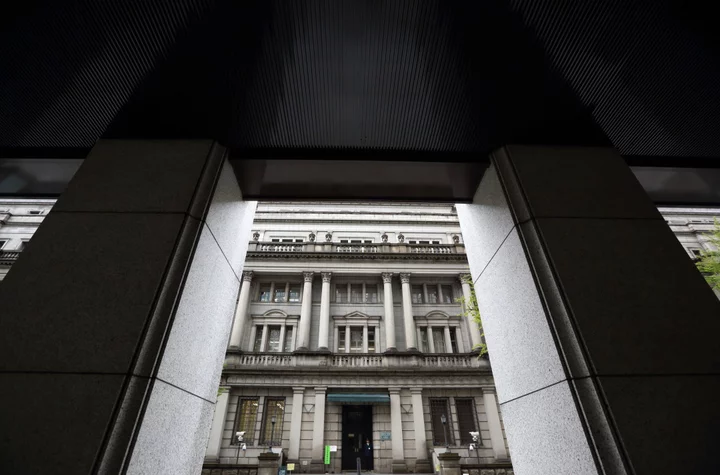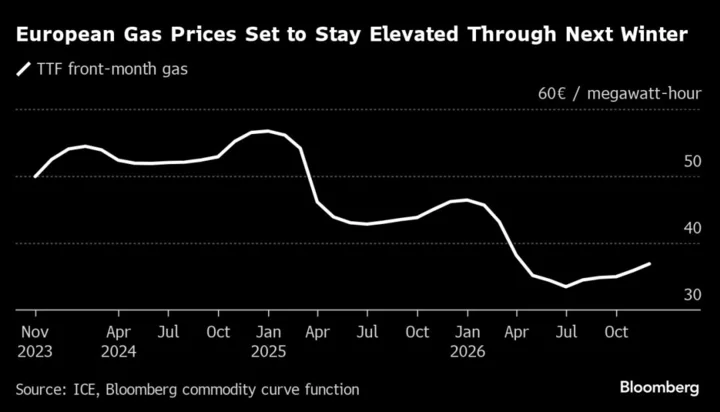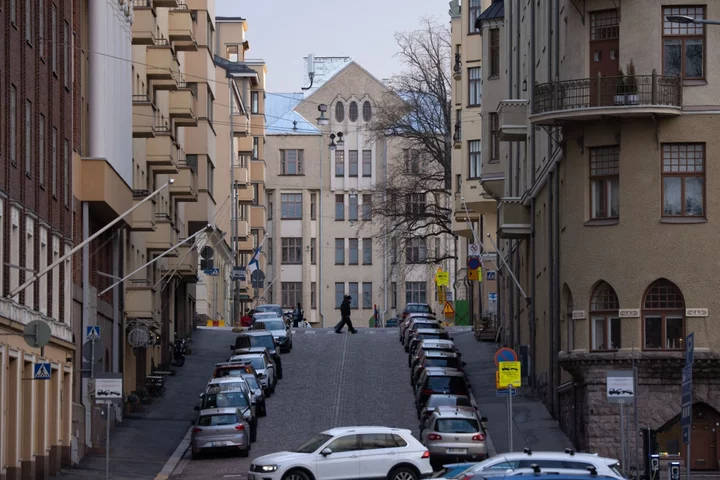Austria’s government will limit rent increases for most people who don’t own homes in response to calls for tempering the impact of inflation.
For the next three years, increases will be capped at 5% annually for about three-quarters of rental homes, Chancellor Karl Nehammer told reporters Wednesday. The step could ease mounting pressure on the coalition government, which needs to call national elections before the end of next year.
With widespread housing shortages adding to the squeeze on consumers, governments across Europe face pressure to ease the strain. But political intervention can backfire. Limits on rents in neighboring Germany — most notably a failed freeze in Berlin — ended up constraining new housing development and making it more difficult to find a home.
The Austrian measure applies to regulated and subsidized rental homes in a country that traditionally has one of the highest shares of renters in the European Union. A system of subsidized and municipal housing has helped keep rates low and made renting an attractive alternative to home ownership.
While rents have been spiraling across many European countries due to the lack of new home supply, Austria’s increases are mostly related to the laws governing the tightly regulated market.
Rents typically rise automatically when inflation exceeds a certain threshold. Some tenants in subsidized housing were facing an increase of 15% at a bi-annual adjustment, Nehammer said, adding that a cap on private rents wasn’t legally possible.
In Vienna, a construction boom in the past decade has added tends of thousands of new apartments, including subsidized homes built with the cooperation of the city, alleviating some strain on the market.
Read More: Berlin’s Barren Housing Market Is Putting Its Tech Boom at Risk
The Austrian government’s announcement is part of several efforts to temper higher living costs. It will also freeze highway tolls and the price of annual train passes used by hundreds of thousands of residents.
Confirming an earlier policy initiative, a windfall tax on energy companies will kick in at a lower level. Officials are also looking to boost competition and price transparency in some industries.
Read More: Austria Boosts Energy Windfall Tax as Profit Debate Lingers
Opposition parties have demanded bolder measures to shield households from inflation and had called for an extraordinary parliamentary session Wednesday on the matter.
(Adds details, background from third paragraph.)

